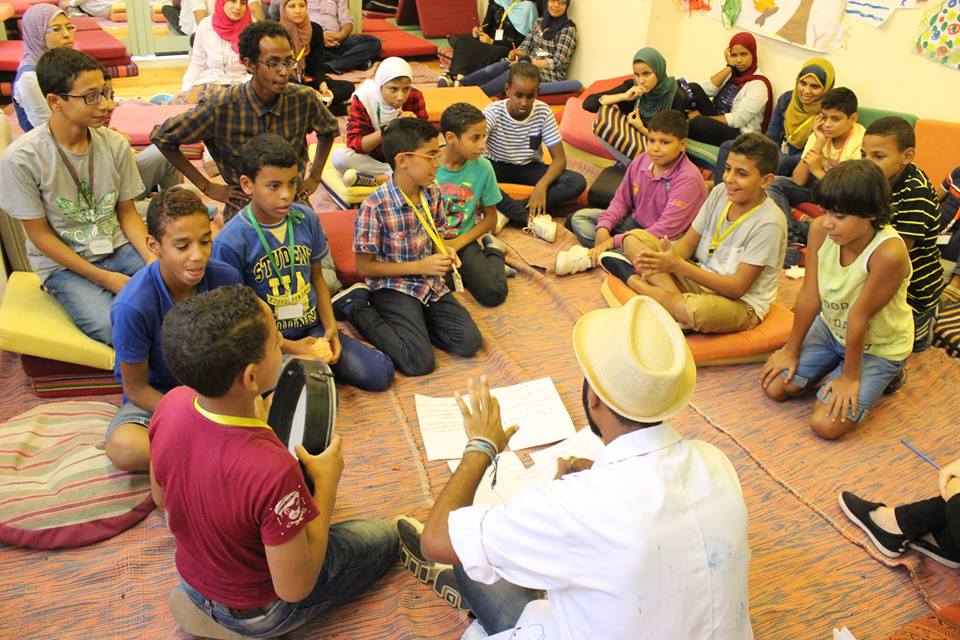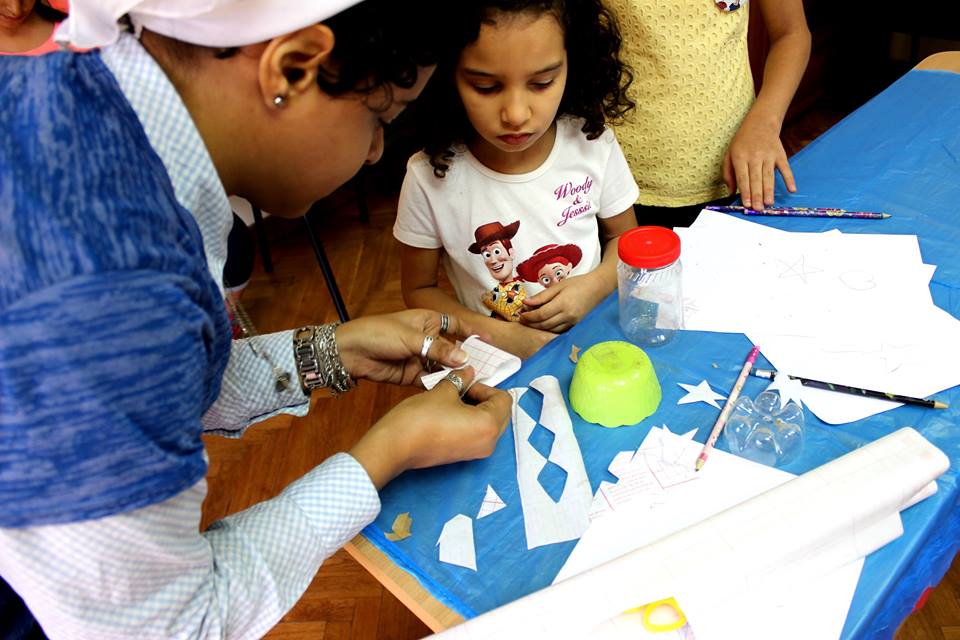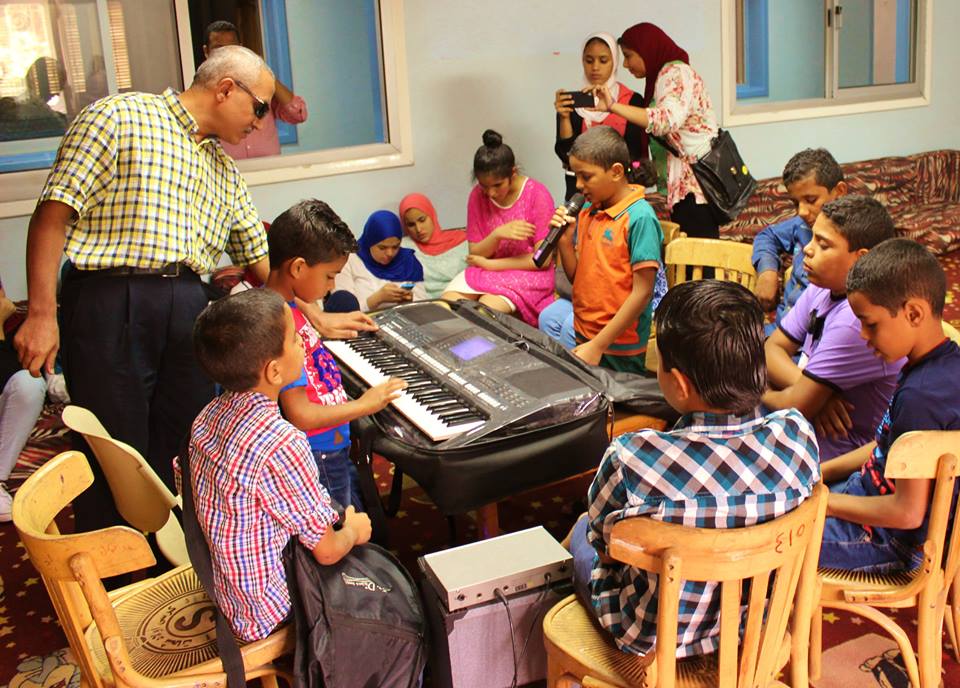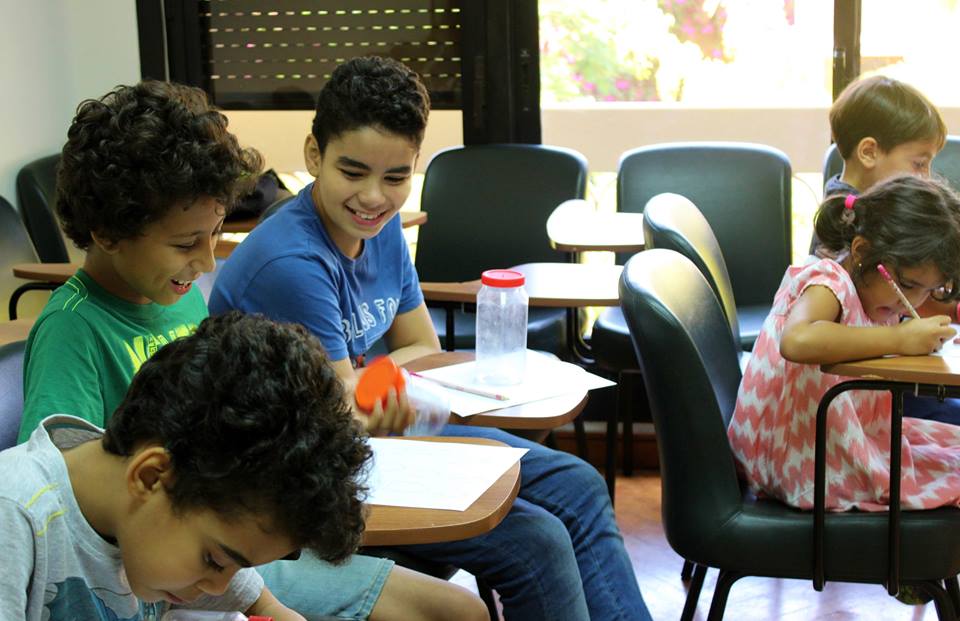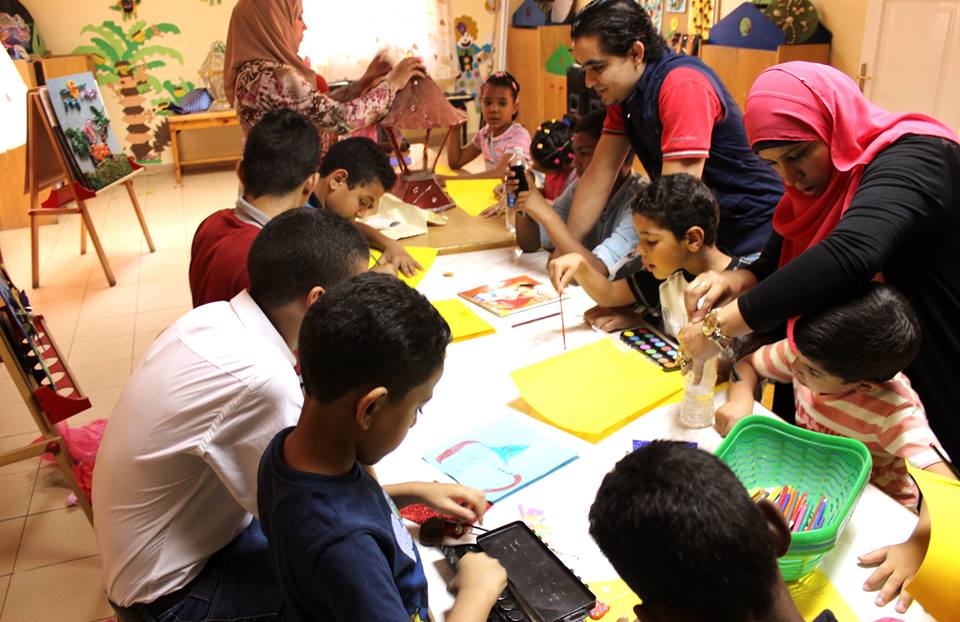The reasons some children do not have parents can be manifold; from the death of parents, or from being born to parents who were too young to rise a child, without the money to raise a family, in a situation not approved by the surrounding community, or for many other reasons. UNICEF estimates that worldwide there are 147 million orphans, which is roughly the same as the entire population of Russia. To put this in perspective, if orphaned children were their own nation, they would be the eighth most populous country on earth, yet despite this, it is an issue that is rarely spoken about.
According to Orphan’s Lifeline International, it is estimated that 60 percent of orphaned girls will become victims of the sex trade, 10 to 15 percent of orphans will commit suicide before turning 18, and of all orphans globally, less than one percent will be adopted. While figures and numbers can never do justice to the suffering that many parentless children go through, they can help give a sense of the scale of the issue, which so often seems to be missing from the news and the priorities of political parties across the globe.
The reasons why children are orphaned often change from region to region and country to country. For example, UNICEF predicts that of the 147 million orphans worldwide until the age of 17, around ten percent have lost one or both parents due to an AIDS-related cause and that three-quarters of these orphans live in sub-Saharan Africa. But what about the Arab world? Why are children orphaned in the region and how many of them are there?
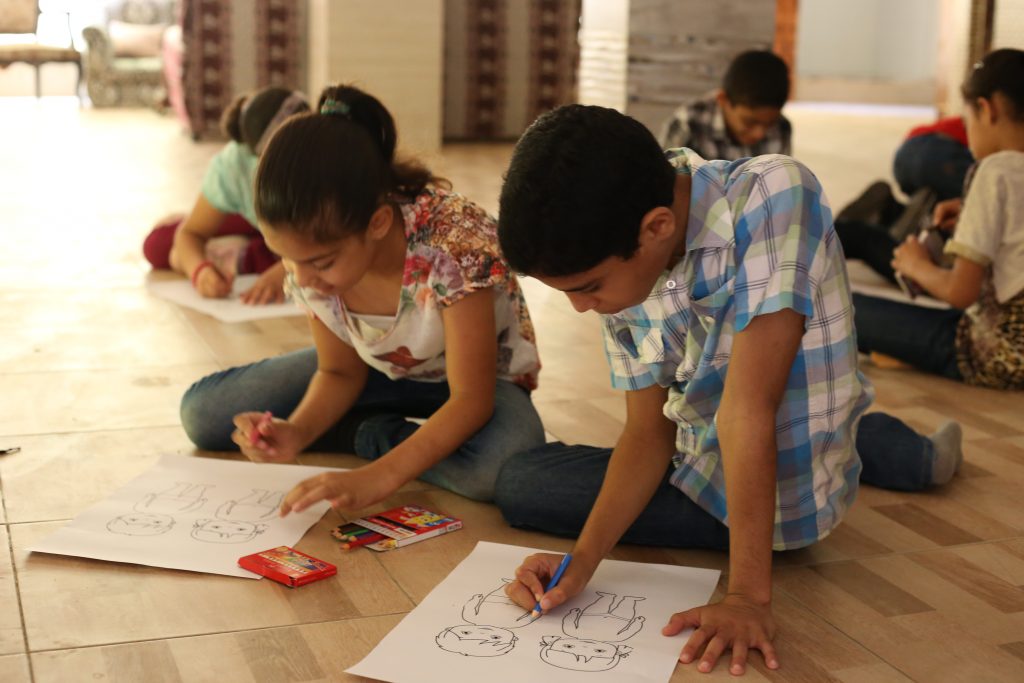
Orphans In The Arab world
Like in every region of the world, there is no small set of reasons that explain why some children are left parentless in the Arab world. Instead, there are hundreds of reasons, yet some stick out as particular drivers in the region and in certain countries.
In Iraq, the Iraqi High Commission for Human Rights estimated that the nation of 41 million people is home to a staggering five million orphans and explained violence as the primary driver. With the invasion of Iraq in 2003 by the US-led coalition followed by years of sectarian violence and later the Islamic State embarking on a violent takeover of much of the country, it was estimated that around 2.4 million Iraqis have been killed as a result of events unleashed by the US-led invasion in 2003, according to the US peace advocacy group CODEPINK. Another contributing factor is the backdrop of international sanctions against Iraq from 1900 until 2003, which according to a report by the UN Commission for Human Rights led to the deaths of “half a million to a million and a half, with the majority of the dead being children.” In Syria and neighboring Lebanon that has taken in many of its refugees, the story for many orphaned children is similar, stemming from the brutal Syrian Civil War that has been going on for over 11 years.
Turning to countries in the Gulf, which comparatively have a smaller percentage of orphans than the rest of the region, the recent surge in the number of children being orphaned can be explained by other reasons. According to the Khaleej Times, the general manager of the charity initiative Beit Al Khair, Mohammed Bakkar bin Haider, the recent increase in orphaned children can be explained by dysfunctional polygamous marriages and foreign wives who have not been fully incorporated as part of a family unit.
However, the region as a whole also has shared vectors that contribute to children being orphaned. Some experts point to the absence of family planning in many countries and the lack of contraception or stigma surrounding contraception that leads to couples having children before they are ready. Alongside this, there is a heavy stigma and often laws that surround having children outside of wedlock, making the option of raising one’s own child essentially unavailable for some couples. Similarly, poverty is also a shared cause of parentless children in many countries in the region, as many parents feel unable to be able to provide for a child.
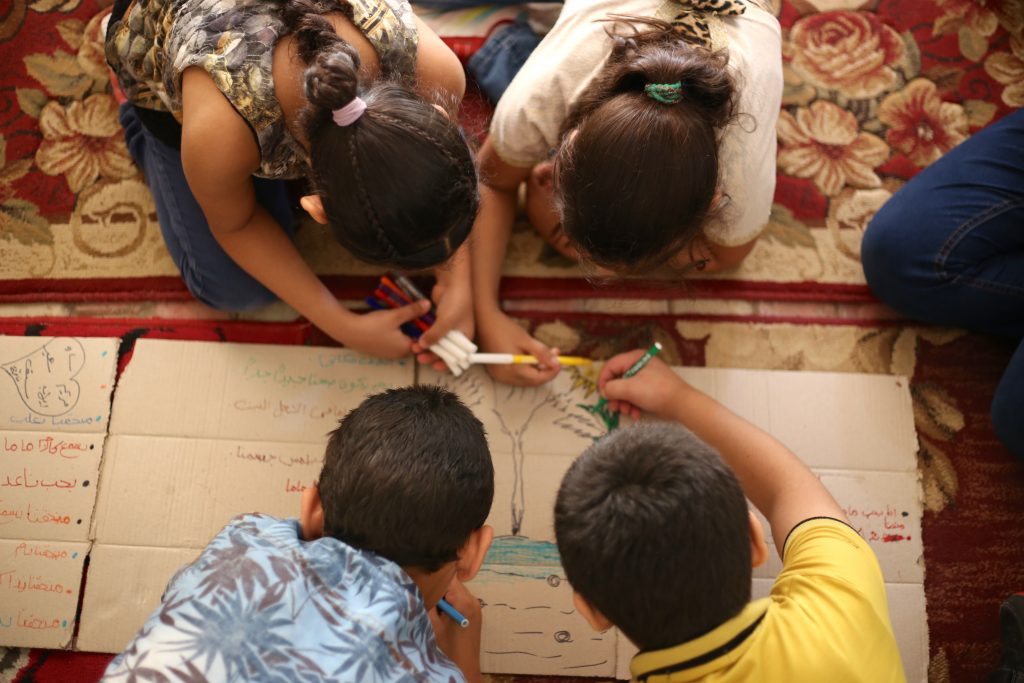
World Orphans Day & What We Can Do to Help
Falling on the second Monday of November every year, World Orphans Day was established by the Stars Foundation to highlight the plight of parentless children worldwide, who often lack the support and care that they need. However, World Orphans Day is not just to raise awareness of this often forgotten part of the population, but a call for action for people to donate money to organizations helping orphans, to get involved themselves, or to support political initiatives that help children without parents.
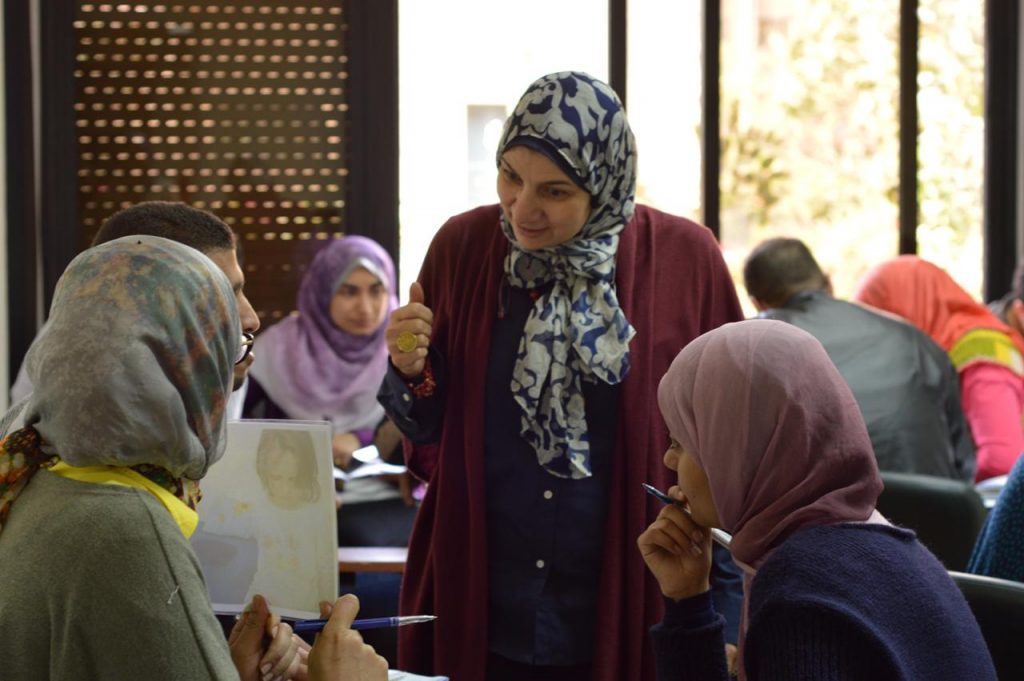
If you want to give a helping hand this World Orphans Day, there are plenty of organizations that you can volunteer with or donate to. While there are hundreds across the region, and maybe some very close to you that you may want to search out for, here is one award-winning charity doing incredible work that you can help support today with just a few clicks.
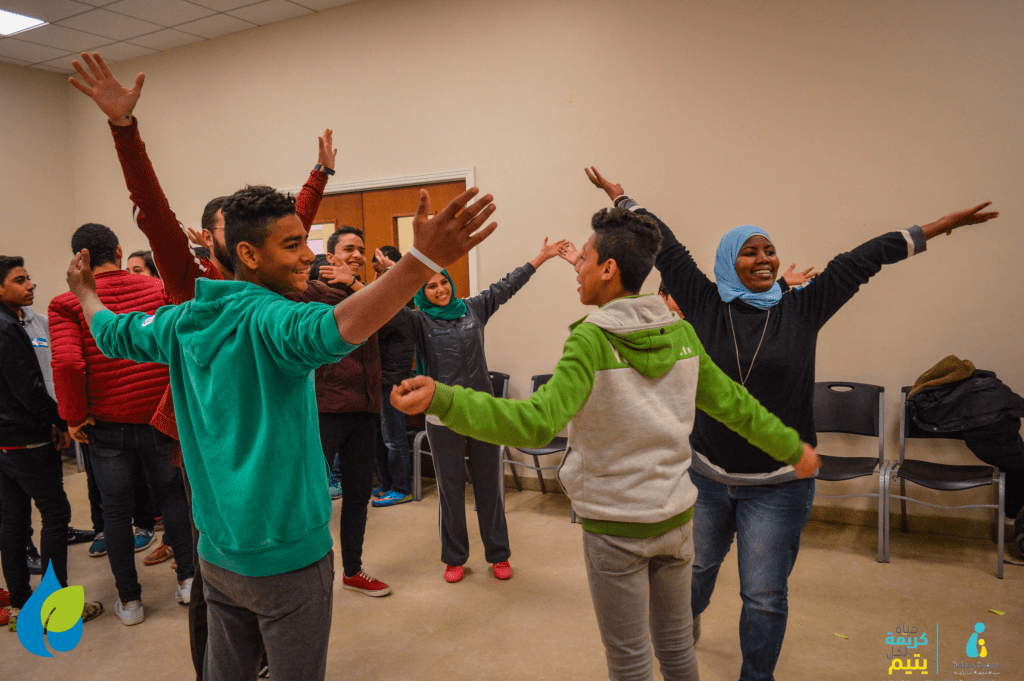
Wataneya Society is an Egyptian charity that was launched in 2008 with the sole purpose of supporting children without parental care to reach their full potential. Not only do Wataneya help children find foster homes and support orphanages in providing a decent life and education for the children that are homed there, but they have also done incredible work in collaboration with the Egyptian government and international entities to change laws and create initiatives to better support orphans. You can find out more about Wataneya and donate here.



